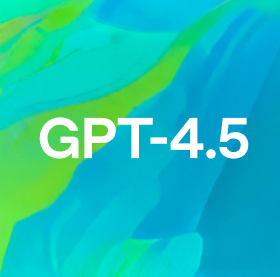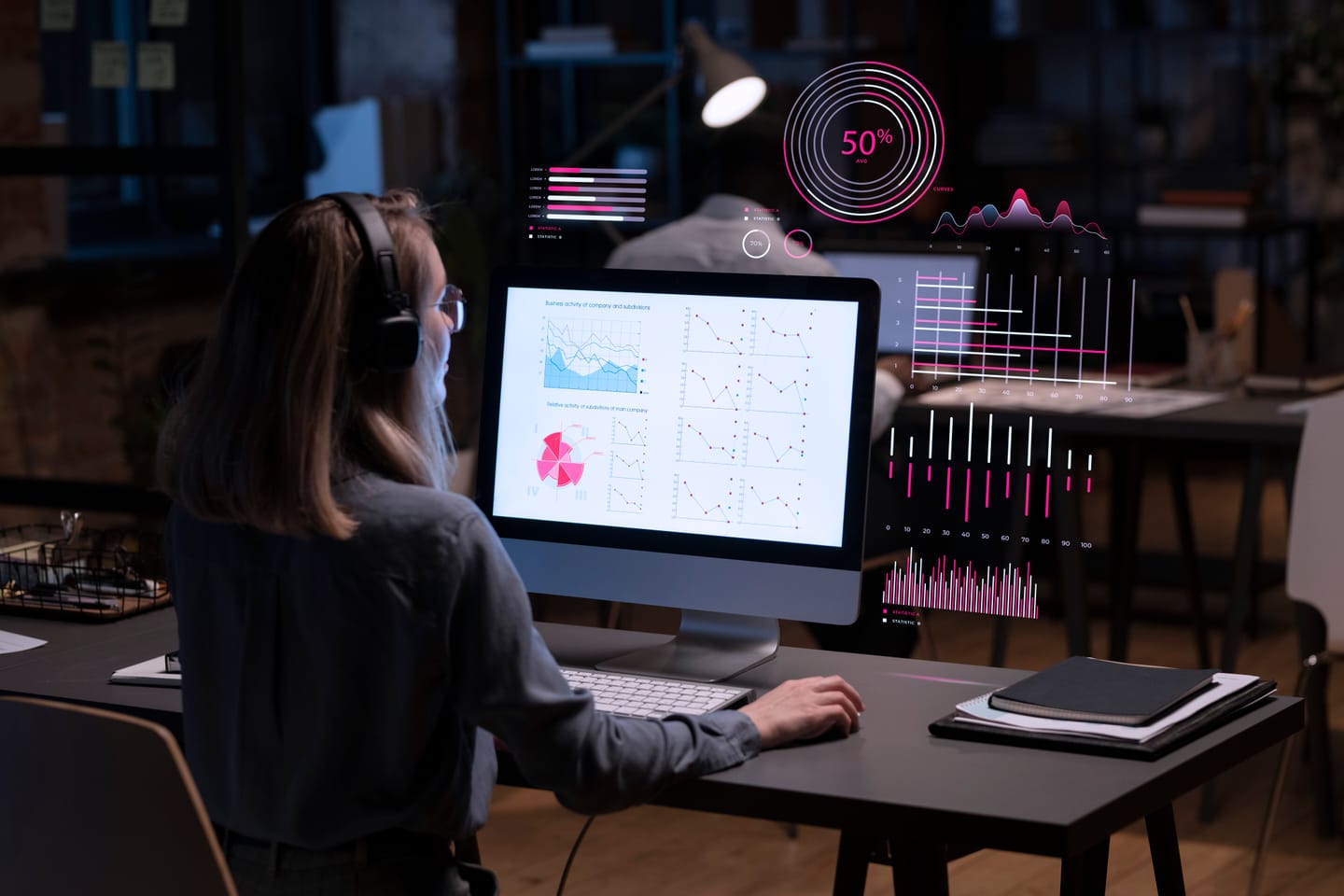Using Falcon for Writing a Literature Review on the FutureHouse Platform: Useful for Broad Topics, Not for Niche Concepts
The FutureHouse Platform, launched in May 2025, is a domain-specific AI environment designed to support various stages of scientific research. It provides researchers with access to four specialised agents — each tailored to a particular task in the knowledge production pipeline: concise information retrieval (Crow), deep literature synthesis (Falcon), precedent detection










